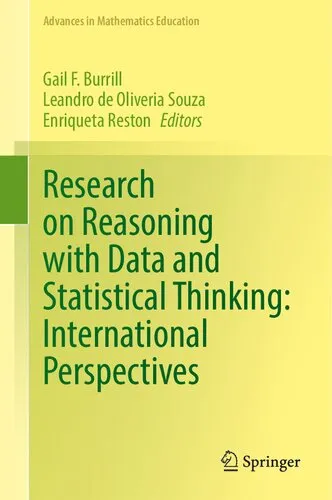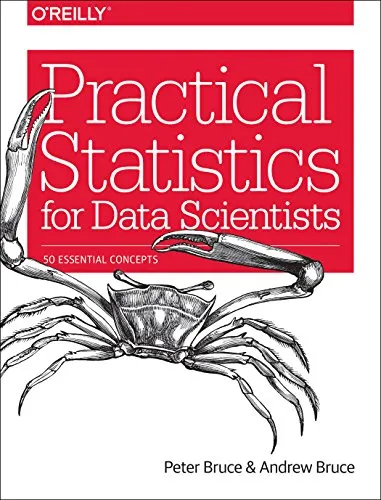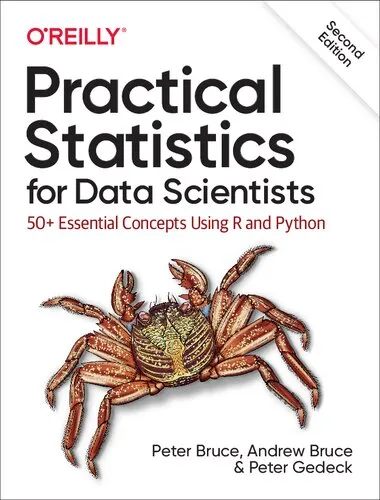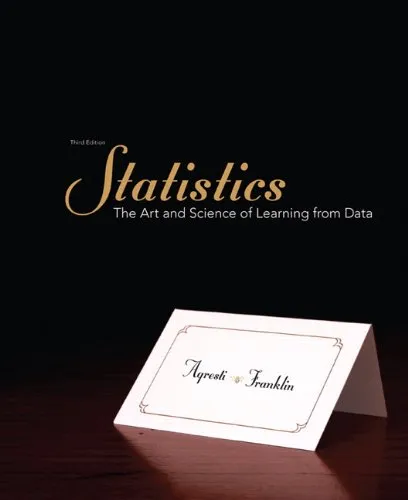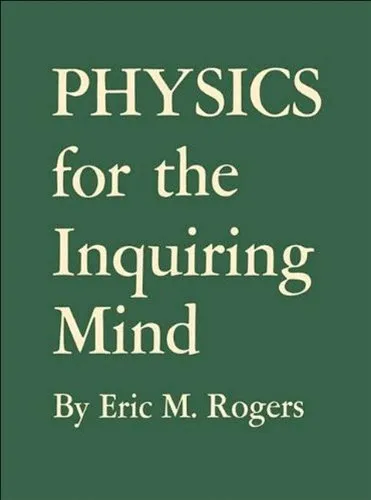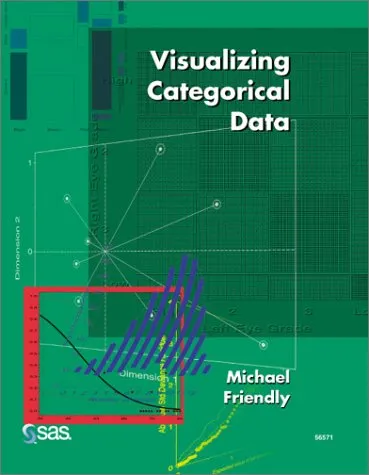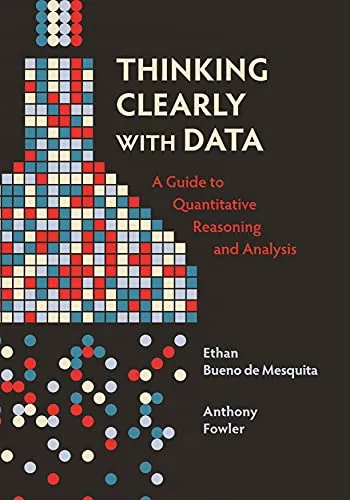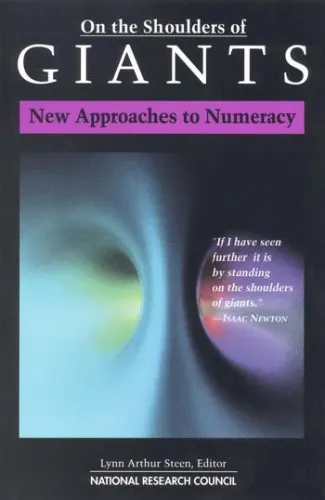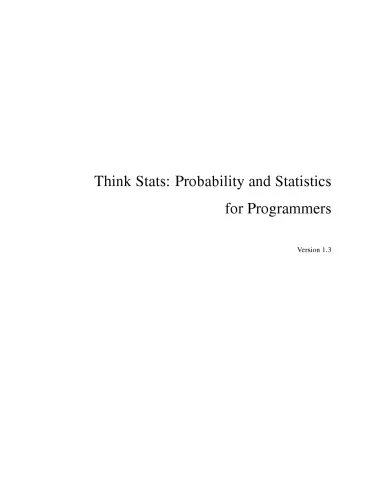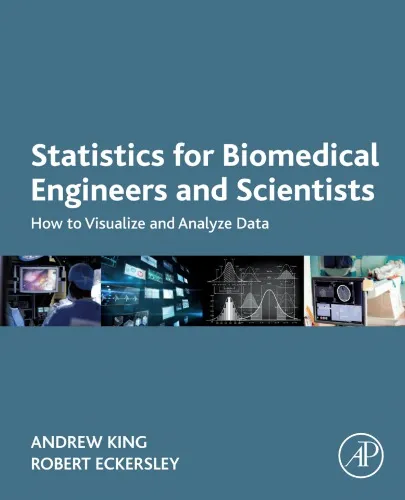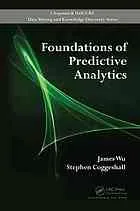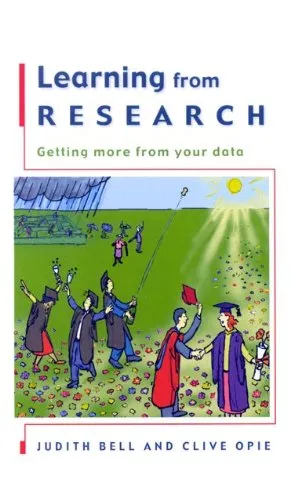Research on Reasoning with Data and Statistical Thinking: International Perspectives
4.5
Reviews from our users

You Can Ask your questions from this book's AI after Login
Each download or ask from book AI costs 2 points. To earn more free points, please visit the Points Guide Page and complete some valuable actions.Related Refrences:
Introduction to "Research on Reasoning with Data and Statistical Thinking: International Perspectives"
In the modern world, where data is an essential element of decision-making and innovation, the ability to reason with data and think statistically is no longer a skill reserved for specialists; it is a fundamental necessity for everyone. The book "Research on Reasoning with Data and Statistical Thinking: International Perspectives" offers a comprehensive examination of how people understand, process, and reason with data, providing both theoretical insights and practical implications. Authored by Gail F. Burrill, Leandro de Oliveira Souza, and Enriqueta Reston, this work addresses critical issues in statistical education, emphasizing the evolving role of data-driven reasoning in everyday life, science, education, and policy-making.
Detailed Summary of the Book
This book spans a wealth of insights gathered from international research on statistical reasoning and data literacy. The chapters delve into topics such as the development of statistical thinking across different education systems, the barriers to achieving a deep understanding of data reasoning, and the innovative teaching methodologies that can bridge this gap. By synthesizing international scholarship, the authors illuminate culturally diverse practices and challenges in nurturing statistical thinking, particularly at the intersection of technology and pedagogy.
The scope of the book is vast, encompassing case studies, classroom-based research, and theoretical essays that collectively lay the foundation for fostering reasoning skills in the digital age. Attention is given to how students, educators, and policymakers interpret and use data, providing real-world examples that underscore the book's global relevance. Additionally, the book explores the ethical implications of statistical reasoning and equips readers to critically evaluate the vast amounts of data they encounter daily.
Key Takeaways
- The ability to reason with data and think statistically is essential in a data-driven society.
- International perspectives provide unique insights into teaching and learning statistical concepts in diverse contexts.
- Technology plays a pivotal role in enhancing statistical education but must be effectively integrated into learning environments.
- A critical understanding of statistics empowers individuals to make better decisions, identify biases, and evaluate information accurately.
Famous Quotes from the Book
"Statistical thinking is not just about numbers; it is about making informed decisions in a world inundated by data."
"To understand the world around us, we must first learn to see the patterns that data reveals and question the assumptions behind those patterns."
"Teaching statistical reasoning is not just teaching skills; it is cultivating habits of curiosity, critical thinking, and informed skepticism."
Why This Book Matters
In an age where data governs industries, education, healthcare, and even personal choices, developing statistical reasoning skills is imperative. This book fills a critical gap in the literature by bringing diverse international perspectives on statistical education to the fore. By addressing the challenges and opportunities in cultivating data literacy, it equips educators, researchers, and policymakers with actionable insights that can transform how we teach and learn about data.
Moreover, the book highlights the role of technology as both a tool and a challenge in teaching statistics, making it highly relevant in today's digital landscape. It invites readers to reconsider traditional approaches to learning and to embrace an interdisciplinary perspective that integrates cognitive psychology, educational theory, and modern technology.
Ultimately, this book is more than an academic text; it is a call to action. It challenges us to reimagine how we approach the teaching of statistics, ensuring that future generations are better equipped to reason and thrive in a world increasingly shaped by data.
Free Direct Download
You Can Download this book after Login
Accessing books through legal platforms and public libraries not only supports the rights of authors and publishers but also contributes to the sustainability of reading culture. Before downloading, please take a moment to consider these options.
Find this book on other platforms:
WorldCat helps you find books in libraries worldwide.
See ratings, reviews, and discussions on Goodreads.
Find and buy rare or used books on AbeBooks.
1300
بازدید4.5
امتیاز0
نظر98%
رضایتReviews:
4.5
Based on 0 users review
Questions & Answers
Ask questions about this book or help others by answering
No questions yet. Be the first to ask!
